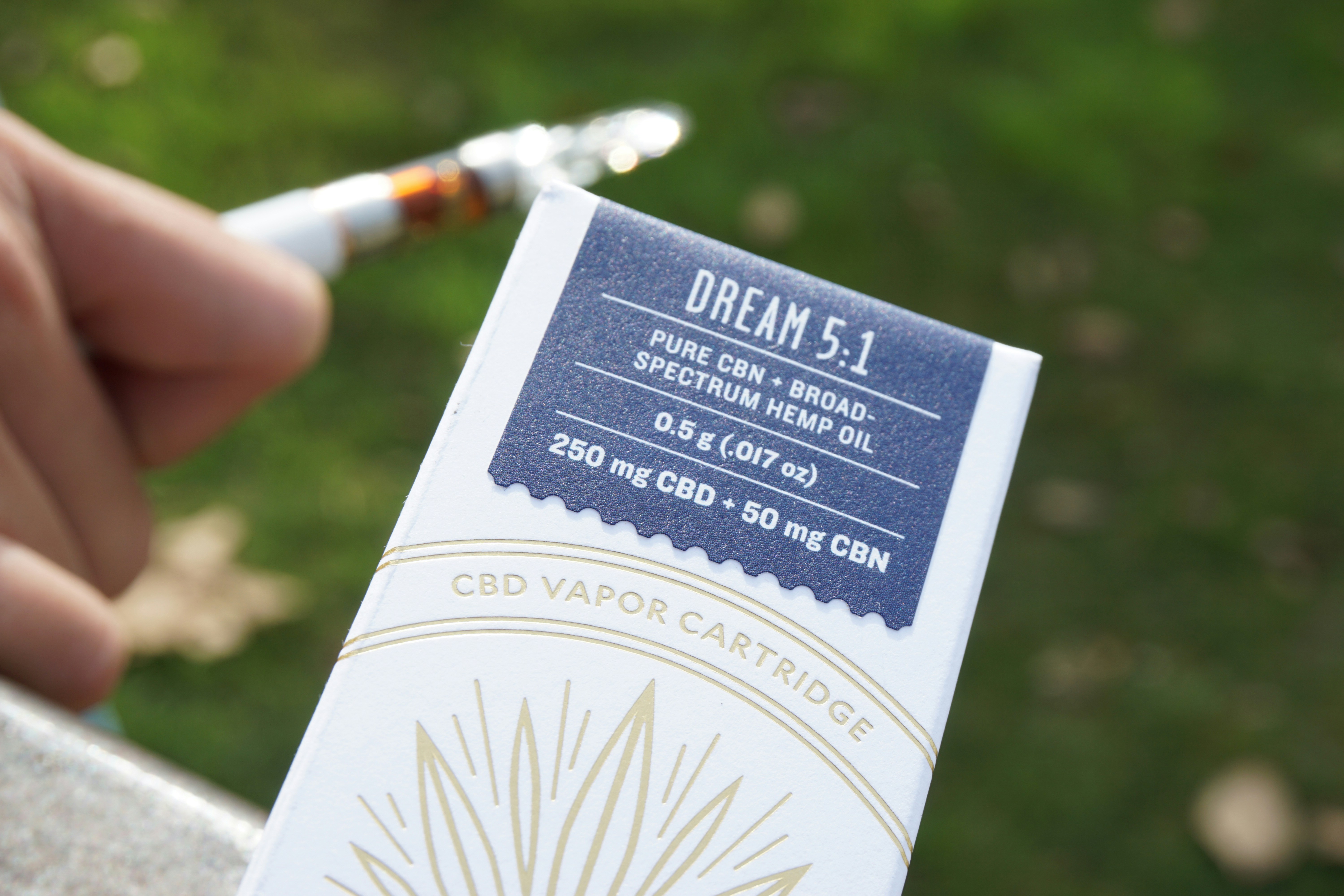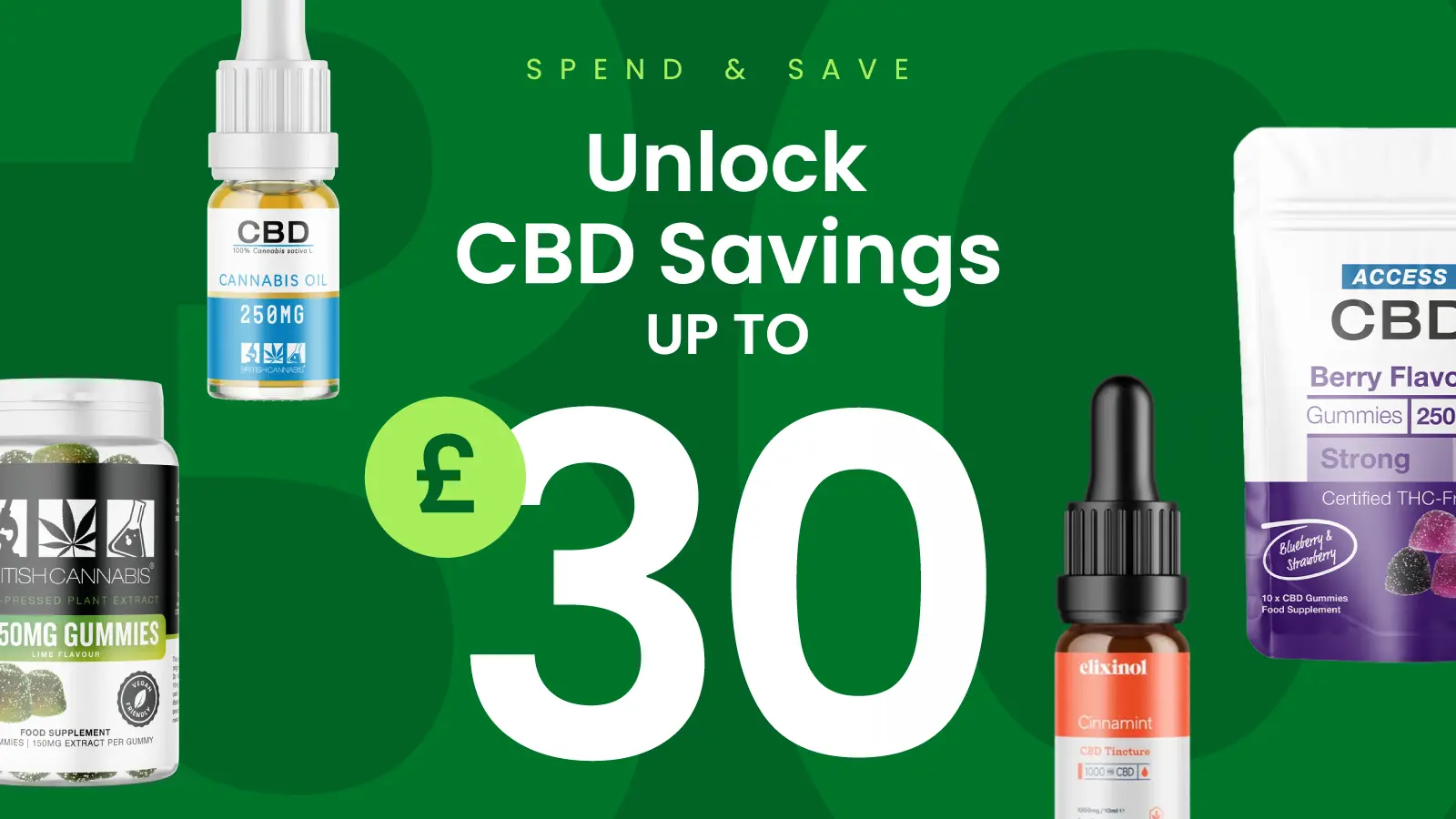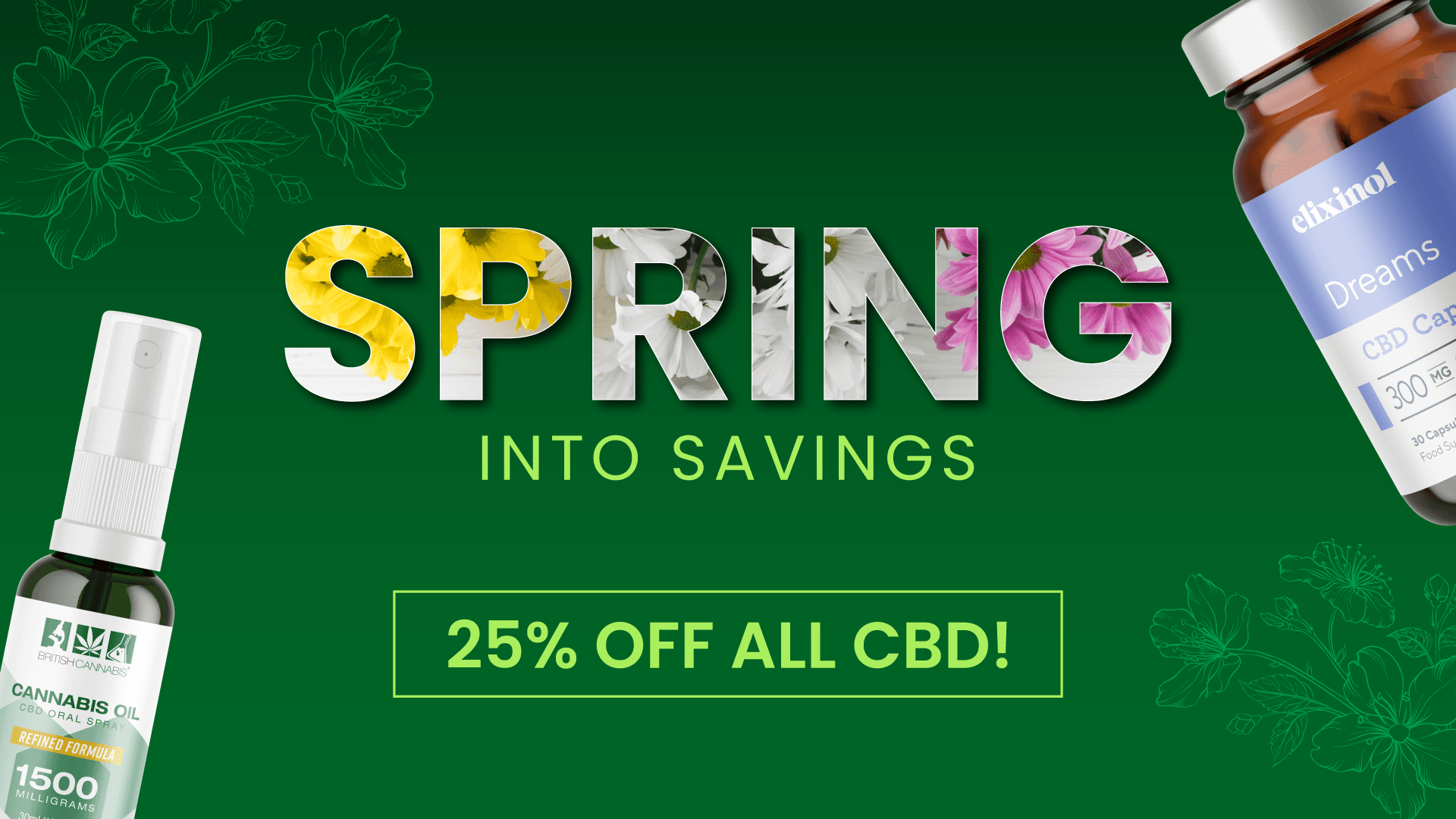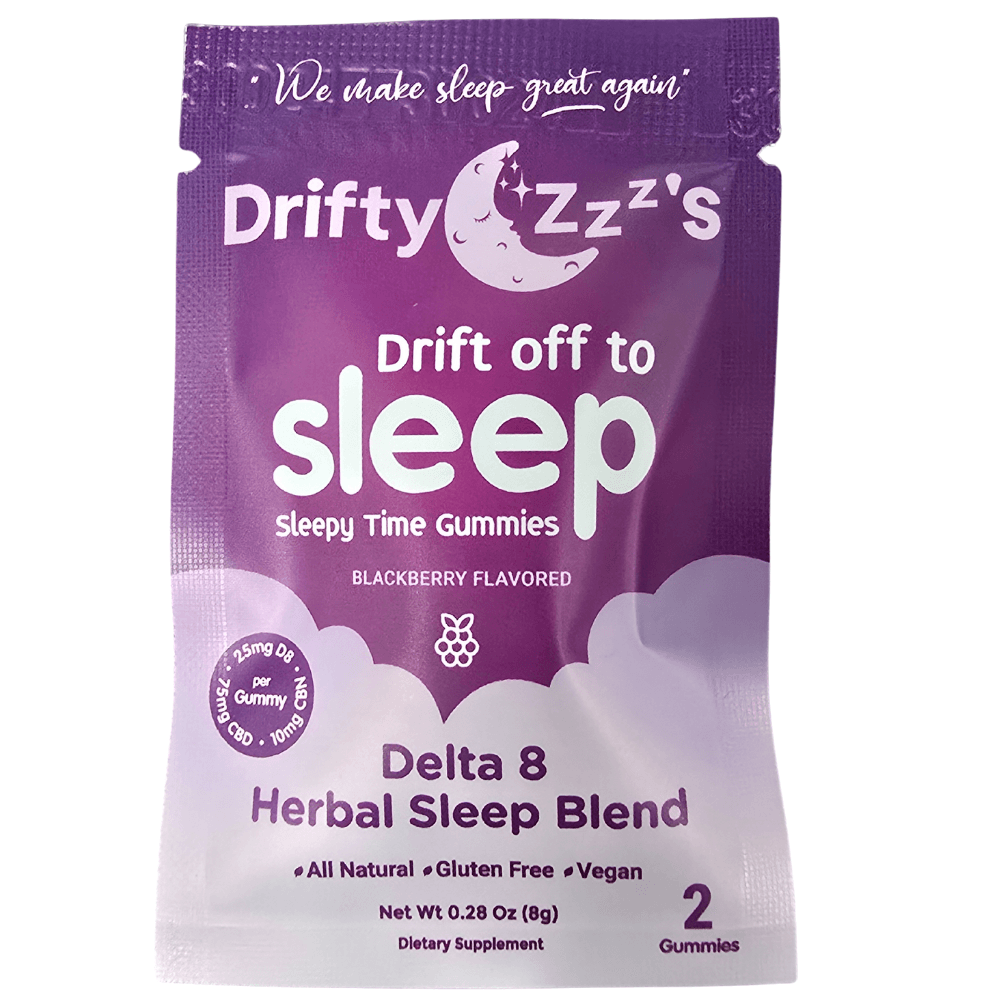Introduction to CBD
Cannabidiol, commonly referred to as CBD, is one of the many compounds found in the cannabis plant. Unlike its more famous counterpart, tetrahydrocannabinol (THC), CBD does not possess psychoactive properties; therefore, it does not induce the ‘high’ typically associated with cannabis use. This fundamental difference has led to a growing interest in CBD for its array of potential health benefits without the adverse effects linked to THC.
The derivation of CBD primarily takes place from hemp, a variety of cannabis sativa that has been bred to contain low levels of THC, typically below 0.3%. This makes hemp an ideal source for extracting CBD, which can be done through various methods, including CO2 extraction, ethanol extraction, and oil infusion. The resulting CBD oil can then be utilized in numerous products ranging from tinctures and edibles to topical applications.
In recent years, the legal landscape surrounding CBD has evolved significantly, reflecting its increasing acceptance and demand. In many regions, the legal status of CBD is tied to its source; hemp-derived CBD is generally legal in more jurisdictions, whereas cannabis-derived CBD with higher THC content remains heavily regulated or illegal. In the United States, for example, the Agricultural Improvement Act of 2018 legalized hemp-derived CBD, leading to a booming market. Conversely, regions such as parts of Europe and many other countries may have varying regulations, making it essential for consumers to be aware of the legal parameters governing CBD in their area.
Understanding CBD is crucial for those interested in its potential health properties, as well as for navigating the complex legalities surrounding its use. Awareness of its origins and differences from THC sets the foundation for exploring the broader implications of CBD in wellness and therapy.
How CBD Works in the Body
The human body is equipped with an intricate network known as the endocannabinoid system (ECS), which plays a crucial role in maintaining homeostasis—essentially a state of balance that is vital for overall health. The ECS is composed of endocannabinoids, receptors, and enzymes. The two primary types of receptors identified are CB1 and CB2 receptors, which are distributed throughout the body. CB1 receptors are predominantly found in the brain and central nervous system, influencing functions such as mood, memory, and motor control. On the other hand, CB2 receptors are mainly located in the immune system and peripheral tissues, contributing to inflammatory responses and pain regulation.
CBD, or cannabidiol, interacts with these receptors in a unique manner. Unlike THC (tetrahydrocannabinol), another well-known compound derived from cannabis, CBD does not bind directly to these receptors. Instead, it influences the ECS by enhancing the body’s natural endocannabinoids, such as anandamide. This can lead to a variety of physiological effects, including pain relief, reductions in anxiety, and improvements in sleep quality. CBD’s ability to modulate the ECS is what underlies many of its proposed health benefits.
Additionally, CBD exhibits anti-inflammatory properties, contributing to its potential efficacy in treating conditions characterized by chronic inflammation, such as arthritis and multiple sclerosis. By interacting with immune cells, CBD may help curb excessive immune responses, highlighting its promising role in managing autoimmune diseases. Furthermore, research indicates that CBD can also positively influence neurotransmitter systems, thereby potentially providing relief from anxiety and promoting overall mental wellness. Thus, understanding how CBD works within the body via the endocannabinoid system is essential for grasping its role in enhancing well-being and alleviating various health issues.
The Potential Benefits of CBD
Cannabidiol (CBD) has emerged as a prominent natural remedy, garnering attention for its potential health benefits. One of the most significant applications of CBD is in the management of anxiety. Several studies have indicated that CBD may help reduce anxiety levels by interacting with serotonin receptors in the brain, which plays a pivotal role in mood regulation. A 2019 study published in “The Permanente Journal” highlighted the effectiveness of CBD in improving anxiety and sleep in a group of adults, marking it as a noteworthy option for those suffering from anxiety disorders.
Chronic pain relief is another area where CBD has shown promise. Research suggests that CBD may influence pain and inflammation pathways. A review published in 2018 in “Frontiers in Pharmacology” discussed various studies indicating that CBD could be effective for conditions involving chronic pain, including arthritis and multiple sclerosis. This positions CBD as a potential alternative for those seeking natural treatments devoid of the side effects commonly associated with opioid medications.
Furthermore, CBD’s anti-inflammatory properties have been substantiated by numerous studies. These properties can be particularly beneficial for individuals with conditions such as inflammatory bowel disease or other autoimmune disorders. The ability of CBD to interact with the body’s endocannabinoid system is believed to play a crucial role in regulating inflammation.
Additionally, a growing body of evidence suggests that CBD may improve sleep quality. Many individuals who struggle with insomnia or sleep disturbances have reported positive effects from CBD, citing better sleep onset and duration. A clinical trial conducted in 2019 revealed that CBD helped many participants achieve more restful sleep.
Lastly, CBD is being researched for its supportive role in neurological conditions. Preliminary studies show that it may alleviate symptoms associated with epilepsy and other seizure disorders. With ongoing research, the therapeutic potential of CBD continues to unfold, providing an optimistic outlook for its role in public health.
CBD for Mental Health
In recent years, CBD, or cannabidiol, has garnered increasing attention for its potential benefits in promoting mental health. Preliminary research suggests that CBD may alleviate symptoms associated with anxiety, depression, and post-traumatic stress disorder (PTSD). These potential therapeutic effects can be attributed to CBD’s interaction with the body’s endocannabinoid system, which plays a crucial role in regulating mood, stress response, and emotional balance.
One of the primary ways CBD may support mental health is through its anxiolytic effects. Studies have indicated that CBD can help to lower anxiety levels by affecting serotonin receptors in the brain, which are integral to mood regulation. In particular, individuals suffering from generalized anxiety disorder have reported feeling calmer and more at ease after using CBD. This suggests that it may serve as an effective adjunctive treatment to traditional therapies.
Moreover, CBD’s potential antidepressant effects have also been investigated. By influencing neurotransmitter systems, CBD may enhance serotonin signaling, which is often targeted in conventional antidepressant medications. Clinical trials and surveys reveal that some participants experience a decrease in depressive symptoms following CBD use, indicating its promise as a supplement in managing depression.
Additionally, for individuals coping with PTSD, CBD may provide relief by addressing the intrusive thoughts and distressing memories associated with the condition. Anecdotal evidence, along with emerging studies, points to CBD’s ability to improve sleep and reduce anxiety, which can be particularly beneficial for those navigating the challenges of PTSD. More rigorous scientific research is needed to fully comprehend the extent of CBD’s impact on mental health disorders.
As interest in natural remedies grows, further exploration into CBD’s role in mental health may hold significant implications for both individuals and healthcare providers seeking alternative therapeutic options.
CBD for Physical Health
Cannabidiol (CBD) has garnered significant attention in recent years for its potential to enhance physical health. One of the most notable benefits attributed to CBD is its ability to alleviate pain. Numerous studies suggest that CBD interacts with the body’s endocannabinoid system, which regulates pain perception. Research has indicated that CBD may help in managing chronic pain conditions such as arthritis and multiple sclerosis. For instance, a study published in the journal Pain found that CBD significantly reduced inflammation and pain in arthritis models, supporting its use as a natural pain reliever.
Additionally, CBD is recognized for its anti-inflammatory properties. This aspect of CBD is particularly beneficial for individuals suffering from conditions characterized by inflammation, such as autoimmune diseases. By reducing inflammation, CBD may improve overall mobility and quality of life for those affected by such conditions. Testimonials from users often highlight significant reductions in discomfort and improvements in their ability to engage in daily activities, further reinforcing the notion that CBD can be a viable option for managing physical health issues.
Beyond its applications for chronic pain and inflammation, CBD is also being explored for its effectiveness in alleviating symptoms related to multiple sclerosis (MS). People with MS have reported using CBD to manage spasticity and neuropathic pain, conditions commonly associated with the illness. Clinical trials are ongoing to better understand and validate the extent of these benefits. Overall, while the body of evidence is still growing, preliminary findings and user experiences suggest that CBD could play a significant role in supporting physical health by providing pain relief, reducing inflammation, and improving the quality of life for individuals with various medical conditions. This growing interest in CBD highlights its potential as a natural alternative for those seeking to enhance their well-being.
Forms of CBD and How to Use It
Cannabidiol (CBD) is available in various forms, each offering unique benefits and methods of consumption. Understanding these forms can help individuals make informed decisions regarding their wellness journey.
One of the most popular forms of CBD is oil, which can be administered sublingually. This method allows for quick absorption into the bloodstream, typically yielding effects within 15 to 30 minutes. The dosage for CBD oils can vary depending on individual needs and the product’s concentration. It is generally advisable to start with a lower dose and gradually increase it until the desired effects are achieved.
Tinctures are another common option, similar to oils but often combined with alcohol or glycerin. Tinctures can be absorbed quickly and are convenient to use. Users should follow dosage guidelines provided by the manufacturer or consult with a healthcare professional. Both oils and tinctures offer versatility, as they can also be added to food or drinks.
For those who prefer a more measured approach, CBD capsules and edibles provide an easy, pre-dosed option. Capsules generally take longer to take effect, as they must pass through the digestive system, but they offer a discreet method of consumption. Edibles, such as gummies or infused snacks, also come with specific dosage recommendations, making it easy to incorporate CBD into one’s daily routine.
Topical applications, including creams and balms, are emerging as a popular choice for localized relief. These products are designed to be applied directly to the skin and may be beneficial for conditions such as inflammation or muscle pain. When using topical CBD, it’s important to follow the product instructions and observe how the skin reacts to the application.
When selecting CBD products, consumers should focus on quality. Look for third-party lab testing, clear labeling of CBD concentration, and reputable brands. By understanding the different forms of CBD and their effects, individuals can effectively integrate CBD into their wellness practices.
Safety and Side Effects of CBD
Cannabidiol (CBD) has garnered significant attention in recent years for its potential health benefits. However, as with any supplement or medication, understanding its safety profile is crucial for responsible use. Research indicates that CBD is generally well-tolerated, with many users experiencing minimal or no adverse effects. Common side effects may include fatigue, diarrhea, changes in appetite, and sleep disturbances. These effects are often mild and transient but should be taken into consideration when determining appropriate dosages.
One important aspect of CBD safety involves its potential interactions with other medications. CBD can influence the activity of cytochrome P450 enzymes in the liver, which are responsible for metabolizing numerous pharmaceuticals. This interaction may alter the metabolism of certain medications, potentially leading to increased effects or adverse reactions. Therefore, it is essential for individuals taking prescription drugs to consult healthcare professionals before incorporating CBD into their regimen.
Particular populations, such as pregnant or breastfeeding women, should exercise caution when considering CBD. Currently, there is insufficient research on how CBD affects fetal development or nursing infants. As a precaution, many health experts advise against its use in these populations. Additionally, individuals with pre-existing health conditions, especially those involving the liver, kidney, or cardiovascular system, should seek medical advice prior to using CBD. Such consultations can help ensure that the introduction of CBD does not exacerbate existing health issues or interfere with ongoing treatments.
In summary, while CBD offers many potential health benefits, understanding its safety profile is paramount. Users should be aware of possible side effects, medication interactions, and specific considerations based on their unique health circumstances. With informed, careful usage, individuals can explore the potential of CBD as part of their wellness journey.
Legality and Regulation of CBD
The legality and regulation of cannabidiol (CBD) vary significantly around the globe and even within certain jurisdictions of individual countries. In recent years, several countries have initiated legal reforms concerning CBD, recognizing its medicinal potential and economic benefits. However, consumers and businesses alike must navigate a complex framework of legislation to understand their rights and obligations regarding CBD use.
In the United States, the 2018 Farm Bill legalized hemp-derived CBD products at the federal level, provided they contain less than 0.3% tetrahydrocannabinol (THC). This landmark legislation propelled the CBD market forward, but it simultaneously created a patchwork of state-level regulations that can vary dramatically. Some states embrace the sale and use of CBD, while others maintain stricter laws or outright bans. Consumers should conduct thorough research on local regulations to ensure compliance and avoid potential legal repercussions.
Beyond the United States, countries such as Canada and the United Kingdom have established clear regulatory frameworks for CBD. In Canada, CBD is regulated under the Cannabis Act, allowing for both medical and recreational use of CBD products. Conversely, the UK permits the sale of CBD products, provided they meet specific safety and labeling requirements. In various parts of the European Union, the regulations are still being developed, leading to uncertainty and inconsistency across member states.
It is essential to recognize that misconceptions about CBD legality often stem from its association with marijuana. Despite this common misunderstanding, the legal status of CBD is primarily determined by its source—hemp or marijuana—and its THC content. Therefore, consumers and producers must stay informed about both local and international laws governing CBD to ensure adherence and to benefit from the wellness properties that this compound offers.
Conclusion: The Future of CBD in Health and Wellness
As we have explored throughout this article, CBD has emerged as a significant player in the health and wellness landscape, offering various potential benefits that are garnering attention from both consumers and health professionals alike. The compound, derived from the hemp plant, has shown promise in areas such as pain relief, anxiety reduction, and even sleep improvement. These attributes highlight its potential role as a complementary therapeutic option for individuals seeking alternative solutions to traditional medical treatments.
Looking ahead, ongoing research is anticipated to further unravel the intricacies of CBD and its various applications. Scientists are particularly focused on understanding how CBD interacts with the human endocannabinoid system, as well as its long-term effects on health. As more studies are published, it is expected that new therapeutic uses may emerge, ranging from enhanced mental health management to innovative treatment strategies for chronic conditions. Such advancements could shape the future of not only CBD but also holistic health practices.
Additionally, the regulatory landscape surrounding CBD products is evolving. As legislation becomes more favorable, consumers are likely to see a broader array of CBD-infused products, tailored to specific health concerns. This could include items ranging from dietary supplements to skincare treatments, making it easier for individuals to incorporate CBD into their wellness routines. Given the fragmented nature of the current market, consumers are encouraged to stay informed about the sourcing, formulation, and legality of the products they choose.
Considering these developments, it is evident that CBD has the potential to play an important role in the future of health and wellness. As research continues to substantiate its benefits, individuals may find CBD to be a valuable ally in their pursuit of overall well-being. Staying informed and approaching its use with insight will be key for anyone looking to integrate CBD into their health regimen effectively.























